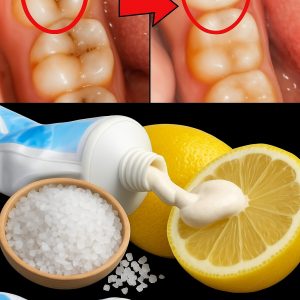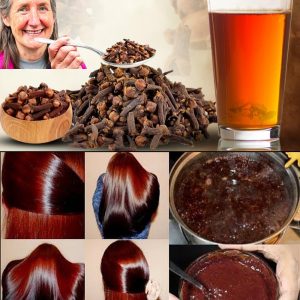1. Introduction to Cartilage Health
Cartilage is the smooth, rubbery tissue that cushions joints and allows for pain-free movement. Over time, due to aging, injury, or wear and tear, knee cartilage can deteriorate, leading to stiffness, pain, and conditions like osteoarthritis. While cartilage doesn’t regenerate easily, certain foods can support joint health and aid in preserving or even rebuilding cartilage. A balanced, nutrient-rich diet plays a key role in maintaining the structural integrity of your knees.
2. Nutrients That Support Cartilage Repair
To help rebuild knee cartilage, it’s important to focus on foods rich in specific nutrients like collagen, vitamin C, omega-3 fatty acids, and antioxidants. Collagen is the main protein found in cartilage, and consuming collagen-rich foods like bone broth or collagen supplements can help supply the building blocks for repair. Vitamin C, found in citrus fruits, bell peppers, and strawberries, is essential for collagen synthesis, while omega-3 fatty acids in fatty fish like salmon help reduce joint inflammation that may hinder cartilage healing.
3. Foods That Promote Joint Health
In addition to collagen and vitamins, include leafy greens (like spinach and kale) which are high in vitamin K and antioxidants that combat oxidative stress around the joints. Legumes, nuts, and seeds provide protein and minerals like zinc and magnesium, which support tissue regeneration. Whole grains and colorful vegetables also offer fiber and anti-inflammatory compounds that protect joints from further damage and support overall mobility.
4. Avoiding Foods That Harm Cartilage
Just as some foods support knee health, others can do harm. Highly processed foods, excess sugar, and saturated fats can trigger inflammation, accelerating cartilage breakdown. Limit red meat, fried foods, and sugary snacks, and instead opt for a Mediterranean-style diet rich in fruits, vegetables, fish, and healthy oils. Making these smart dietary choices can greatly enhance your body’s ability to preserve and rebuild cartilage, leading to healthier, more flexible knees over time.


